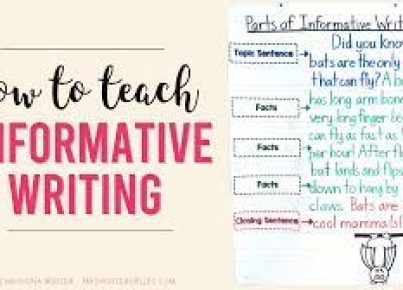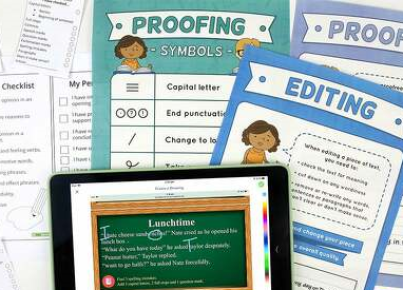Introduction
Opinion writing is a crucial skill necessary for students’ academic and social development. It enables them to express and justify their perspectives on various topics while engaging in thoughtful debates with their peers. For teachers, guiding students in crafting well-structured, compelling arguments strengthens their critical thinking abilities and builds a strong foundation for future learning. This ultimate guide aims to provide essential tips and strategies for both students and teachers to excel in opinion writing.
1. Understand the purpose of opinion writing
Opinion writing is centered on evaluating ideas, situations, or policies by presenting an argument in a clear, coherent manner. It involves forming opinions based on personal beliefs or facts, then articulating these thoughts through logical reasoning and relevant evidence.
2. Choose engaging topics
Selecting an interesting topic is vital as it determines the level of enthusiasm while researching and writing the piece. A captivating issue will grab readers’ attention and encourage them to explore different viewpoints. Aim for current issues that inspire debate or personal experiences that evoke emotions, ensuring that the chosen subject is narrowed down to focus on specific aspects.
3. Research thoroughly
Quality research lays the groundwork for building sound arguments and reinforcing opinions with evidence. Students should gather information from reputable sources like academic journals, books, newspapers, websites, and statistics, while taking note of opposing views.
4. Organize your thoughts
Drafting an outline before developing the essay helps maintain focus, organization, and coherence throughout the piece. It serves as a roadmap that guides students in constructing clear introductions, body paragraphs, counterarguments (if necessary), and conclusions.
5. Develop a strong thesis statement
Craft a concise thesis statement that reveals the main point of your essay without revealing too much information or opinions about your argument. The thesis should be easy to understand but also thought-provoking enough to make the reader want to know more about your perspective.
6. Use strong evidence
Incorporate relevant facts, statistics, and real-life examples to support your argument. This adds credibility to your opinion and makes it more persuasive. Aim for at least three strong pieces of evidence in each supporting paragraph.
7. Address opposing views
Addressing counterarguments demonstrates an understanding of different perspectives and showcases critical thinking abilities. By incorporating counterarguments in a respectful manner, students not only strengthen their argument but also prepare themselves for debates in the real world.
8. Employ clear and concise language
Whether written or verbal, opinion writing should be articulate and easily understood, devoid of jargon or convoluted sentences. Simple language can often convey complex ideas more effectively.
9. Edit and revise
Proofread your work multiple times to identify errors in grammar, punctuation, or sentence structure. Encourage peer reviews and critical feedback from teachers to identify areas that require improvement.
10. Practice regularly
Like any other skill, opinion writing requires regular practice to achieve mastery. Experiment with different topics, writing styles, and rhetorical devices while seeking consistent feedback for growth.
Conclusion
Opinion writing is invaluable for both students and teachers. It enhances essential life skills like critical thinking, effective communication, and active listening. Following the strategies discussed in this ultimate guide paves the path towards creating well-informed opinions that foster meaningful discourse across various spheres of life—inside or outside the classroom walls.




